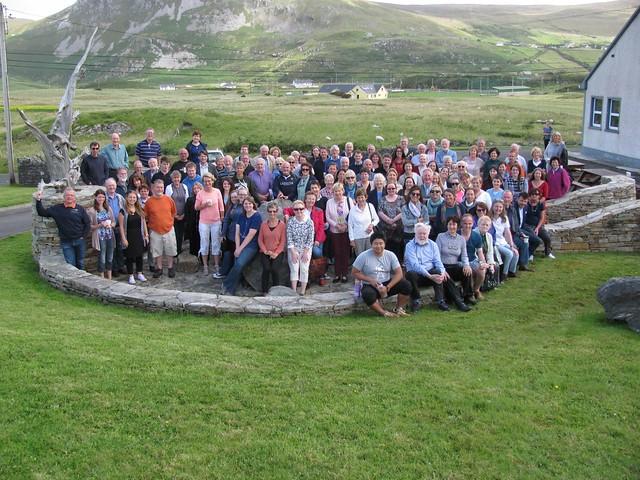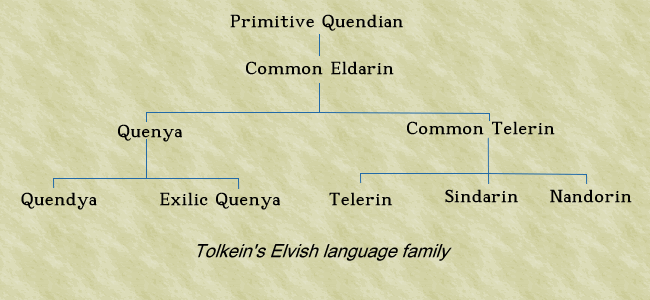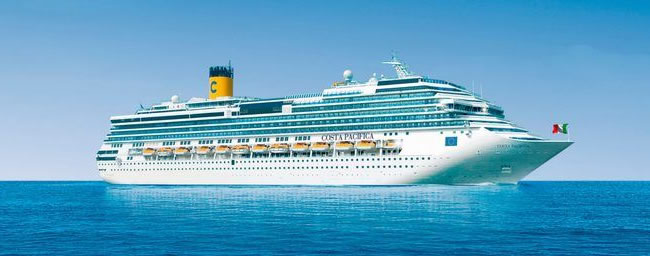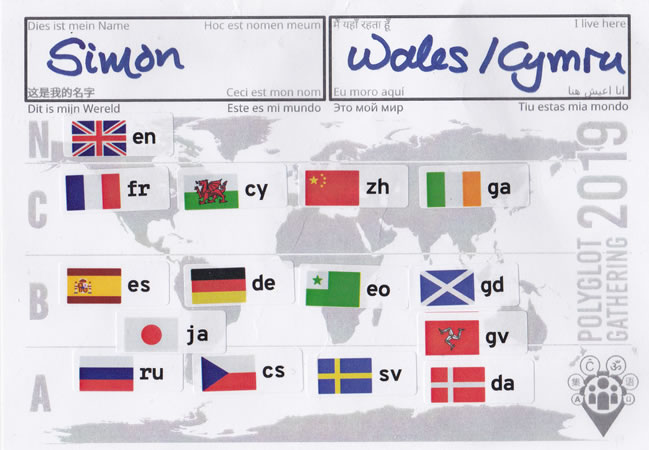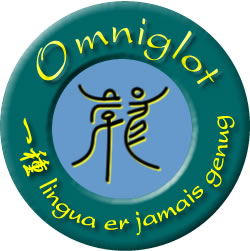Podcast: Play in new window | Download
In today’s Adventure in Etymology we look into the origins of the word budget and find out how it’s connected to words for bags and bellies and bulges.
A budget [ˈbʌdʒ.ɪt] is:
- The amount of money or resources earmarked for a particular institution, activity or timeframe.
- An itemized summary of intended expenditure; usually coupled with expected revenue.
- A wallet, purse or bag. (obsolete)
It comes from the Middle English bouget/bo(w)gett(e) (leather pouch), from the Old French bougette [bu.ʒɛt] (purse for carrying coins) a diminutive of bouge (sack, purse, small bag), from the Latin bulga [ˈbul.ɡa] (knapsack, wallet, satchel, purse, womb), from the Gaulish bolgā (sack, bag, stomach), from the Proto-Celtic *bolgos (sack, bag, stomach), from the PIE *bʰólǵʰ-o-s (skin bag, bolster), from *bʰelǵʰ- (to swell) [source].
Some words from the same Proto-Celtic root include bolg [ˈbˠɔlˠəɡ] (belly, stomach, bag, bulge, bellows) in Irish, bol [bɔl] (belly, stomach, bowels, womb) in Welsh, and bolgh (breach, gap, opening) in Cornish [source]. See also Celtiadur.
Words from the same Latin root (bulga) include bouge [buʒ] (hovel, dive, bulge, protuberance) in French, bolgia (pit, bedlam, chaos) in Italian, and the English words bulge and budge [source].
The name Belgium comes ultimately from the PIE root *bʰelǵʰ- (to swell), via the Latin Belgae (an Iron-Age tribe that lived between the Seine and Rhine rivers), and the Proto-Celtic *belg-/*bolg- (to swell (with anger)) [source].
I also write about words, etymology, and other language-related topics, on the Omniglot Blog, and I explore etymological connections between Celtic languages on the Celtiadur.
Here’s a video I made of this information:
Video made with Doodly – an easy-to-use animated video creator [affiliate link].
You can also listen to this podcast on: Apple Podcasts, Amazon Music, Stitcher, TuneIn, Podchaser, PlayerFM or podtail.
If you would like to support this podcast, you can make a donation via PayPal or Patreon, or contribute to Omniglot in other ways.




